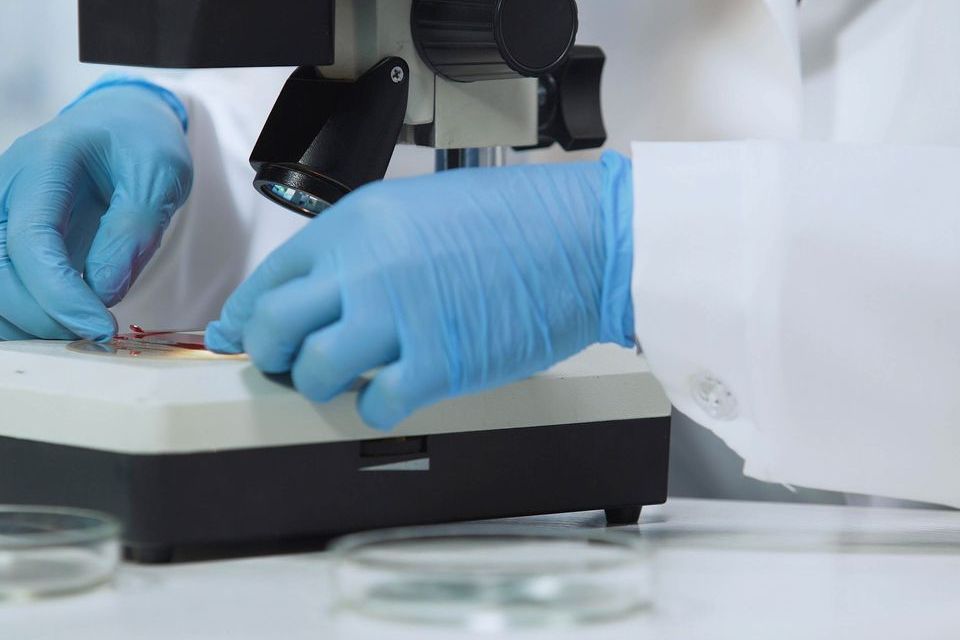Surge in gonorrhoea infections – at a 125pc higher rate than in 2019
People living in Ireland aged 17 and older can order STI test kits online and carry out the tests at home
A surge in cases of the sexually transmitted disease gonorrhoea was reported last year – a 125pc higher rate than the pre-pandemic period in 2019.
Some 6,824 cases of gonorrhoea were notified in 2023 with a median age of 22 years in women and 30 in men.
The growing trend of infections in young women that is being reported in Ireland is also being seen in other parts of Europe.
The majority of the cases in Ireland were men, making up 77pc but that was a lower portion than previous years.
One in four was diagnosed through a HSE home-testing service with a similar percentage in general practice while the rest were identified in sexually transmitted disease clinics.
A rise in women with the infection was seen in the second half of 2022 and this continued to March last year and has now plateaued but at a higher level, according to the Health Protection Surveillance Centre (HPSC).
“This increase is particularly apparent in those aged 20-24 years. This age group had the highest rate – 544.5 per 100,000 – with a 204pc increase since 2019,” said the watchdog.
“Rates in females aged 15-19 years were lower at 216 per 100,000 but increased by 280pc between 2019 and 2023.”
The reasons for the extent of the rise are unclear but before the pandemic cases of sexually transmitted infection, including gonorrhoea, were increasing and the figures to date reflect “ongoing increasing trends".
“Behaviours that increase the risk of acquiring a sexually transmitted infection, such as gonorrhoea – including not using condoms consistently, particularly when changing partners – are relatively common.
Read more
“Availability of the national home-testing service has also increased access to testing and affected numbers of cases notified, with 25pc of gonorrhoea notifications in 2023 first identified via the home-testing service.
“While trends are increasing, the transmission of sexually transmitted infections such as gonorrhoea is preventable, and gonorrhoea can be cured with antibiotics.”
The European Centre for Disease Control revealed a troubling surge in cases of syphilis, gonorrhoea and chlamydia, indicating a pressing need for heightened awareness of sexually transmitted diseases, and the need to enhance robust prevention, access to testing, and effective treatment.
Join the Irish Independent WhatsApp channel
Stay up to date with all the latest news












